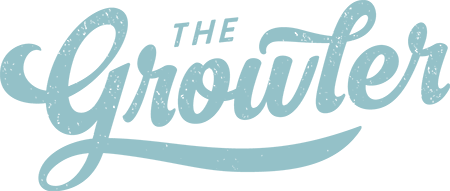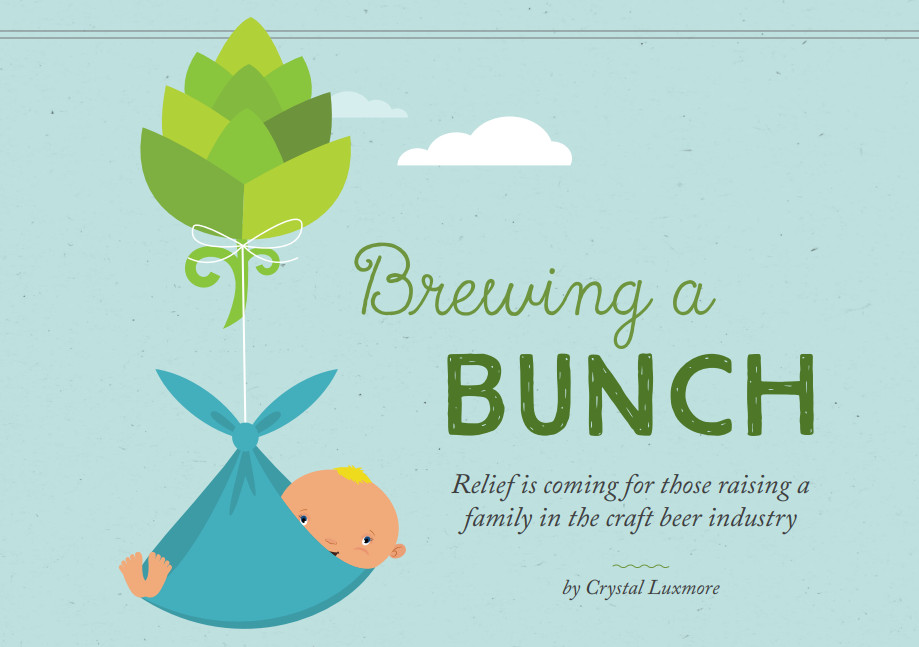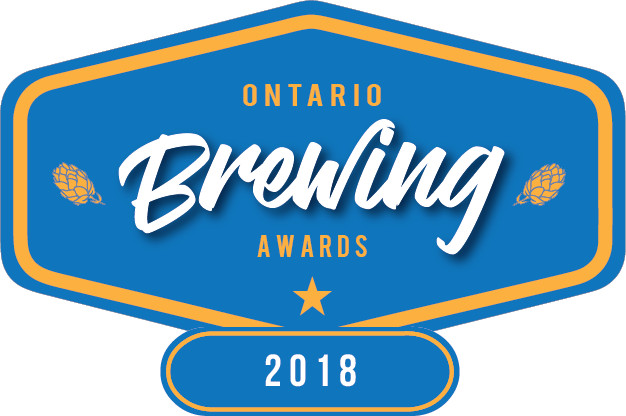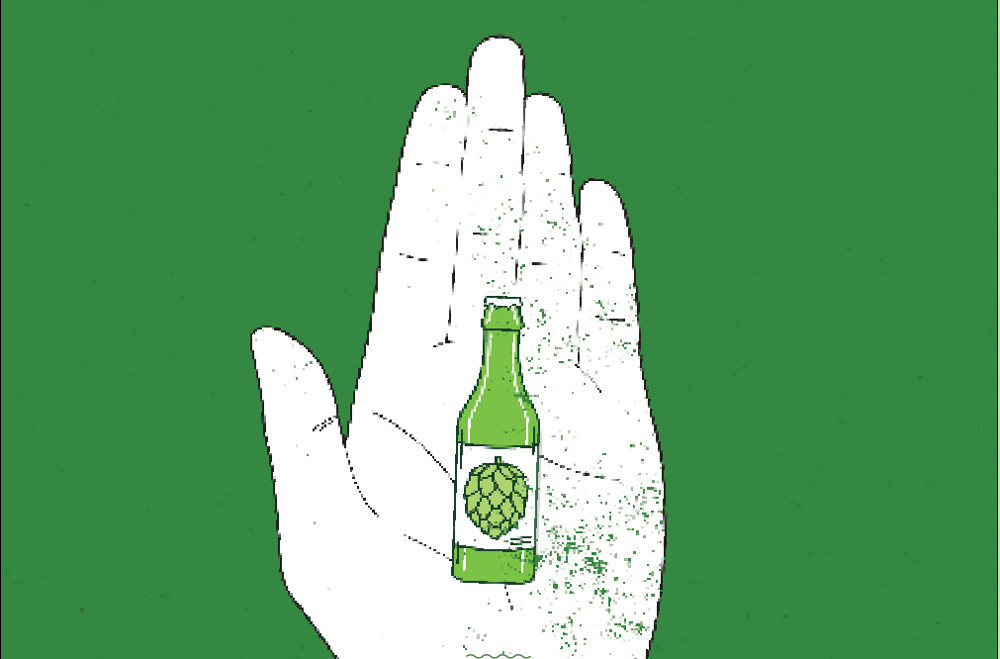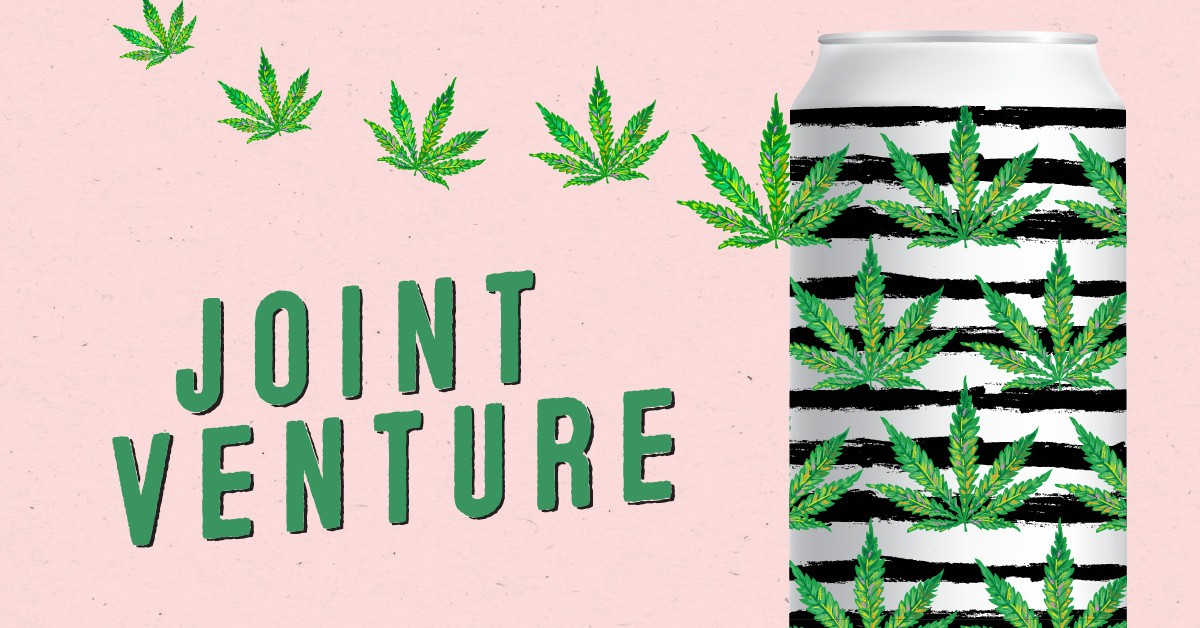
Since first-year university, about 20 of my girlfriends have gathered for our annual Girls Christmas Party. This regular affair has been going strong for 18 years. We’re not girls anymore, we’re 40-something moms, but other than that, little has changed. The party is always filled with gifts, bubbly, beer, a few joints and riotous laughter. But this year something was different, I brought cannabis edibles, in the form of gummie bears, to the party.
According to experts, consuming cannabis via low-dose edibles, pills or beverages will eventually replace part of the alcohol that some of us drink. Right now though, with bud, oils or pre-rolled joints the only legal option for buying cannabis in Canada, consumption habits have yet to shift.
Christopher Shepard, Senior Editor at Beer Marketer’s Insights, Craft Beer Analytics says in the short term, legalization of cannabis has had zero impact on craft beer consumption. In fact, in US states where cannabis has been legalized, craft beer consumption has remained the same as before legalization, whereas it has declined slightly in states where cannabis is still illegal.
“However, a lot of companies have spent a lot of money figuring out how to change the classic pitfall of the edible—where you feel nothing at first but the effect is very strong two hours later,” says Shepard. There are technologies that will make drinking a cannabis-infused, non-alcoholic beer a lot like the effects of drinking alcohol—where you feel the psychoactive kick earlier, but a very mild buzz, and by the time you’re finished sipping three or four beers, you’re high. “Once companies master that technology, it makes the replaceability of beer with cannabis far more likely,” says Shepard.
Before that happens though, social stigmas around cannabis need to fall away, and knowledge gaps about the complicated plant need to be filled, says Jessica Lukas, vice president of consumer insights at BDS Analytics, a Colorado-based market research firm that tracks sales in the cannabis industry.
Looking at our holiday party, she’s right. The handful of women who tried my gummies and chocolate were the same women who I’ve always shared joints with at parties since high school.
But fast-forward to October, when edibles are legalized, and things might be different. Picking up a few legal, non-alcoholic cannabis beverages at the store will likely feel safer to most non-cannabis users than eating a gummie from your veteran stoner friend at a party.
Experts predict a drop in “smokeable” flower (sticky, green bud) once edibles come on to the scene. Ontarians will be able to buy everything from a de-alcoholized craft beer from one of their favourite breweries, to fair-trade chocolate bars, to topical creams for pain relief. In the short term though, they’ll still be consuming the cannabis at home. “There’s not really a bar or restaurant equivalent for ordering cannabis over a drink because no on-premise consumption license exists yet,” says Shepard.
But as more Canadians try these new products, the competition for their “entertainment dollar” will grow fiercer. Which is why breweries, big and small, are looking at creating a line of cannabis-infused beverages. It’s highly unlikely that the government will ever legalize an alcoholic cannabis beverage, so breweries are exploring ways to de-alcoholize their products and replace the ethanol buzz with a plant-based one.
Last year some of the biggest breweries in the world shared news about partnerships or acquisitions of cannabis brands. In August, Molson Coors Canada announced a joint venture with Quebec-based The Hydropothecary Corporation to develop non-alcoholic, cannabis-infused beverages. And in December, Anheuser-Busch InBev, the world’s biggest brewing conglomerate, said that it is partnering with Canada’s Tilray to research non-alcoholic beverages containing THC and CBD.
Ontario’s craft breweries are also considering the possibilities of cannabis-infused, non-alcoholic beers. Beau’s All Natural Brewing Company in Vankleek Hill is eyeing the opportunity and looking for a certified organic cannabis producer. In October, Ace Hill beer, one of the most popular brands for Toronto millennials partnered with B.C. based Flowr to launch a line of pre-rolled joints under a sister company called Ace Valley. Both companies are hoping Ace Hill’s brand equity will attract consumers to the Ace Valley brand.
Plus, a number of breweries, including Whitby’s Brock Street Brewing, Toronto’s Lost Craft Beer, and Brantford’s Bell City Brewing Company have announced partnerships with Province Brands, a company which has a licensed facility to produce cannabis-based, non-alcoholic beverages. The idea is that Province Brands will brew the beer on site using their patented technology, but it will be sold and marketed under the craft breweries’ brand.
So why are so many brewers hopping on the cannabis train? Well, cannabis and beer have a lot in common. Marijuana and hops are cousins and the plants contain the same essential oils (or terpenes) so their aromas and flavours are similar. Moreover, they have a common fan base. BDS Analytics reports that 72 per cent of cannabis users drink alcohol—and of those slightly more are choosing beer over wine or spirits: 63 per cent of cannabis users drink beer, versus 52 per cent who drink wine, and 58 per cent who drink spirits.
“The vast majority of cannabis consumers consume alcohol, and they’re more likely to consume alcohol than non-cannabis consumers,” Lukas said. “These people are already your consumers.”
“To be clinical about it, people are going to spend their entertainment budget on alcohol or other intoxicants like THC,” says Dennis Marijan, co-owner of Bell City Brewing Company. “So there’s only so much “throat share” to go around, and when you add cannabis into that mix, how much money are people going to spend per week on their own entertainment, which includes dinner, alcohol and now this new category: cannabis?”
Marijan predicts the consumption of beer will drop by 5 to 10 per cent thanks to the introduction of edibles. “Whether it’s in a drink or cookie format, when edibles become reality next October there’s going to be an impact to the industry.”
So what exactly will a cannabis beer look like? Bell City doesn’t plan to de-alcoholize any of their regular beers, instead, they’re making a new product that can show off the plant’s aromatic terpenes. And Marijan thinks that cannabis connoisseurs, just like craft beer nerds, will crave a variety of different beverages. “Potheads know that there are many different strains with different effects — you can use one and feel relaxed, and another will help you feel creative.”
It’s possible that cannabis beers will follow craft beer’s lead—brewing various non-alcoholic beverages with their own unique strains of cannabis, mix of terpenes, and flavour profiles.
There are still many unknowns for consumers including: where will cannabis beers retail and what, if any, kind of branding will be allowed on the can.
When cannabis beers do come onto the market in October, there’s little doubt they’ll be popular. When Bell City announced their partnership with Province Brands, they had 60,000 visitors to their website, many asking where they could buy it.
But next winter, will non-alcoholic cannabis-infused beverages become a new staple at holiday parties? We’ll just have to wait and see.
